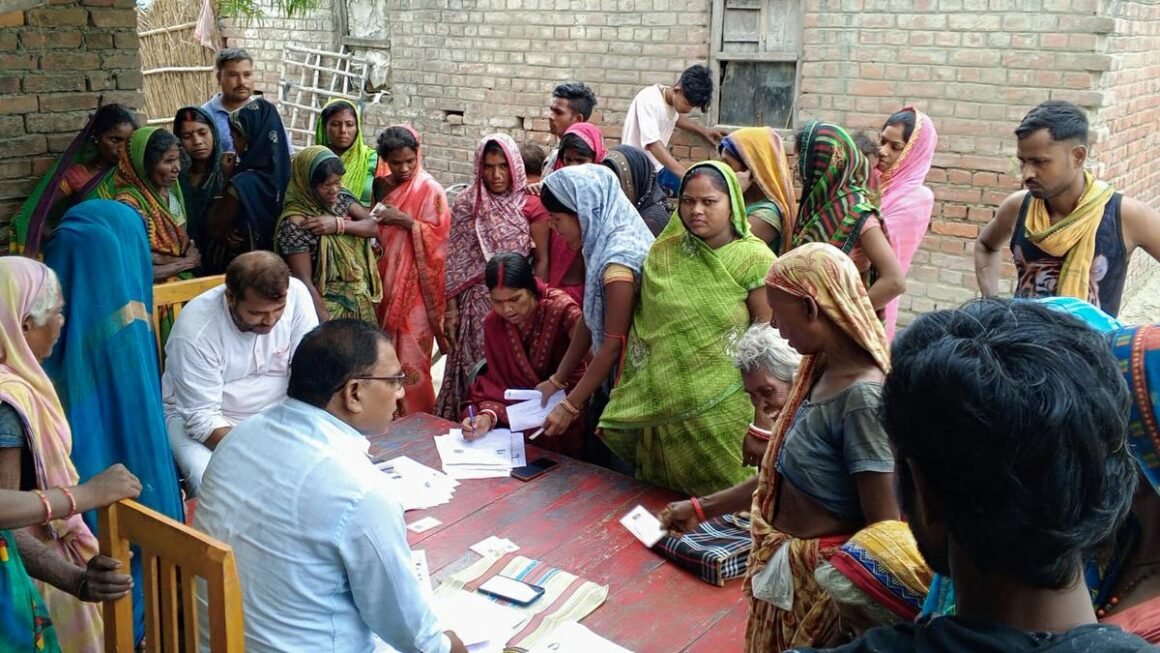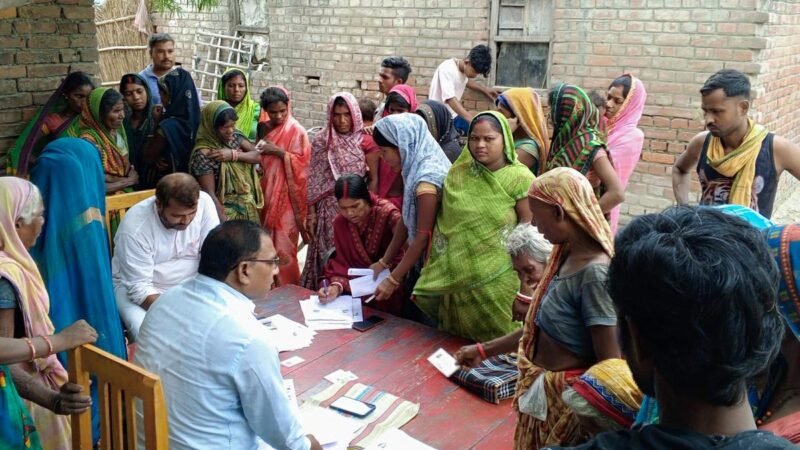
When deadlines meet democracy, the balance between rules and rights becomes a test of trust.
A Supreme Court Update on September 1
On September 1, 2025, the Supreme Court of India was informed by the Election Commission of India (ECI) that even though the official cut-off date for submitting claims, objections, and corrections in Bihar’s draft electoral roll under the Special Intensive Revision (SIR) exercise had ended, citizens would not lose their chance to be heard. The ECI clarified that submissions can still be filed beyond the September 1 deadline, but they will only be taken up for consideration once the final electoral roll is published.
What This Means for Voters in Bihar
This means that individuals who missed the September 1 deadline are not automatically left out of the democratic process. Their applications will still be reviewed, though only after the rolls are finalized. According to the ECI, such claims can continue to be entertained until the last date of filing nominations for each assembly constituency. This provision is significant, especially for voters from marginalized or migratory backgrounds, who often struggle with documentation and accessibility barriers.
Supreme Court’s Balancing Act
While the Court refused to extend the deadline, it acknowledged concerns about the credibility and transparency of the SIR process. To bridge this trust gap, the SC directed the Bihar State Legal Services Authority to deploy paralegal volunteers. Their role will be to:
- Assist voters in filing claims, objections, and corrections.
- Provide confidential reports to district judges about the process.
This move aims to ensure both oversight and voter facilitation, keeping the system fair while sticking to procedural timelines.
Why This Matters Politically
The SIR exercise in Bihar has been politically charged. Opposition parties, including the RJD and AIMIM, raised fears of voter disenfranchisement, alleging that certain communities could be left out. By allowing post-deadline claims (though deferred in review), the ECI and SC appear to be striking a balance—upholding deadlines while safeguarding democratic participation.
The Larger Context of Electoral Revisions
Electoral roll revisions are not mere bureaucratic exercises; they determine who gets to exercise their fundamental right to vote. In Bihar, where migration, poverty, and literacy gaps affect voter registration, flexibility becomes crucial. The Supreme Court’s nuanced approach ensures that while the system does not descend into deadline chaos, it also does not shut its doors on genuine voters.
Looking Ahead
The final electoral roll in Bihar will set the stage for the upcoming 2025 Assembly elections. The next hearings and reports from paralegal volunteers will be key in determining how inclusive and transparent the process remains. For now, the message from the top court and the poll body is clear: every voter’s voice matters, even if it comes after the clock runs out.
The Supreme Court’s intervention in Bihar’s SIR process underscores a vital principle—electoral integrity must coexist with voter inclusion. While deadlines provide structure and discipline to democratic processes, they should never become barriers to participation. By allowing claims beyond September 1 but ensuring they are reviewed later, the ECI has demonstrated flexibility, and the Court has added accountability through the monitoring of legal aid. Together, these measures send out a strong signal: India’s democracy values both procedure and people.
FOR MORE BLOGS – beyondthepunchlines.com

 Add to favorites
Add to favorites








